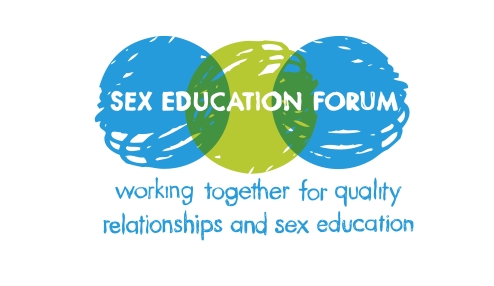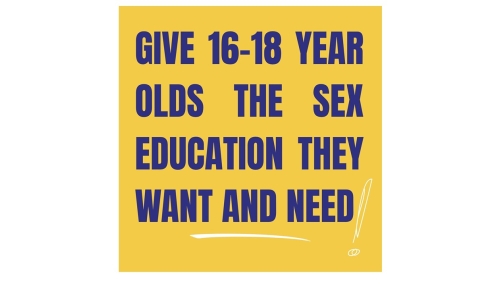Teaching unions have sent a clear message that when relationships and sex education (RSE) becomes a statutory part of all schools’ teaching in 2019, it must be based on facts rather than opinions, delivered by properly trained staff and meet the needs of all pupils.
The unions, including the National Education Union, NAHT, Voice and others, have endorsed a set of 12 guiding principles created by the Sex Education Forum to guide teachers and policymakers as the Government consultation on RSE draws to a close.
The principles require that RSE gives a positive view of human sexuality, delivered by properly trained staff, working in partnership with parents. The subject must present reliable, medically-correct information relevant to all pupils, including those with disabilities, special educational needs and must foster LGBT+ equality and gender equality.
Lucy Emmerson, Coordinator of the Sex Education Forum said:
‘We only have a relatively short time to prepare for statutory RSE. These principles are based on research evidence and explain clearly what schools need to do to offer high-quality RSE.
‘We hope that Government pays careful attention to the evidence as it considers what schools will be required to teach. Learning about a wide range of topics, from puberty to consent, is something that every child is entitled to, and the new guidance is an opportunity to spell this out.’
Kevin Courtney, Joint General Secretary, National Education Union said:
‘High quality, inclusive RSE is an essential safeguarding tool that can help students stay safe. RSE can only be effective if the content is reflective of and relevant to all students. For it to be high quality it must be LGBT+ inclusive, accessible to all learners and respond to students’ needs.
‘Education professionals must feel confident and equipped to deliver the curriculum. Statutory guidance must be accompanied by a comprehensive and well-funded package of support for schools. This includes ensuring staff have access to the relevant professional development as well as a range of high quality resources. Crucially, RSE must be given space in the curriculum and must not be crowded out by a testing and target culture driven by the high stakes accountability system. The Government must work closely with the profession to seriously address these concerns if the RSE reform is to be a success.’
Deborah Lawson, General Secretary of Voice, said:
‘We welcome the 12 Principles for bringing relevance, clarity and value to RSE.
‘Education should prepare children for adult life, and RSE is a fundamental part of a healthy journey to becoming an adult.
‘High-profile issues such as mental health, body image and identity are all interconnected. Much of the associated uncertainty and angst happens in adolescence, or even before, and many life choices are made during this period of development. Sound RSE should support young people with the process of making those choices.
‘These Principles place RSE in the wider context of children’s spiritual, moral, cultural, mental and physical development.’
Paul Whiteman, General Secretary of school leaders’ union NAHT said:
‘It’s so important for all pupils in all schools to be taught about appropriate relationships and for that teaching to be effective. So we endorse this set of 12 principles as they provide a clear aspiration for schools and government on what makes high quality RSE. Schools will need support to achieve these. The government must be prepared to invest in what is needed for the potentially positive impact of RSE to be a reality for pupils. Funding must be made available for training and quality assured resources to support teaching and learning must be made accessible and available to all schools.’
The Department for Education (DfE) is considering how to update the existing Sex and Relationship Education guidance which, was last updated in 2000, and is therefore now out of date. The updated guidance will support schools in delivering the new subjects of Relationships Education at primary and Relationships and Sex Education (RSE) at secondary, as well as, potentially, Personal, Social, Health and Economic Education (PSHE).




Share